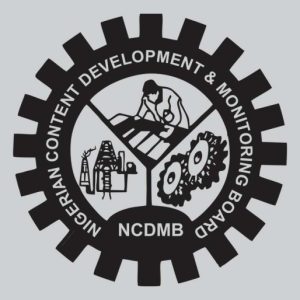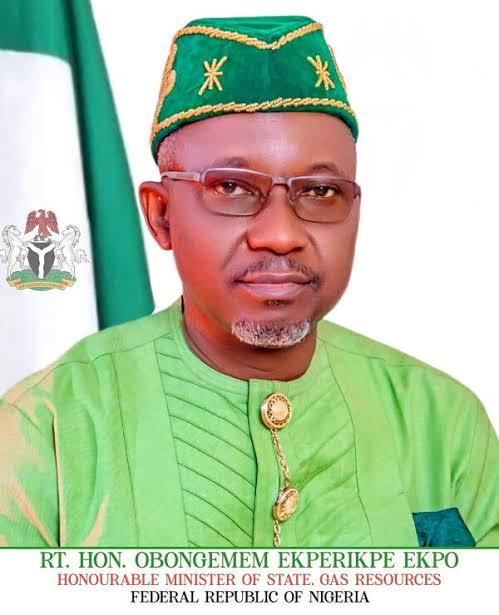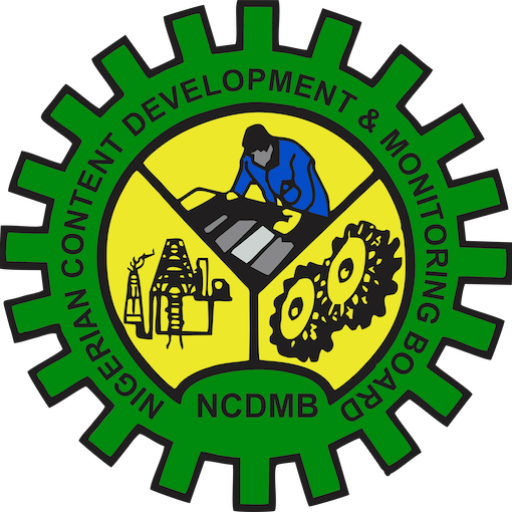The Nigerian Content Development and Monitoring Board (NCDMB) and the Nigerian University Commission (NUC) have forged a partnership that will link the oil and gas industry with the university system so that both sectors can improve the operations of the other for the benefit of the Nigerian economy.
The management of the two agencies agreed to this initiative tagged Adopt A Faculty (AAFac) Program at a recent meeting in Abuja and set up a joint committee to develop a detailed action plan within four weeks.
Speaking at the meeting, the Executive Secretary of NCDMB, Mr. Denzil Kentebe described the AAFac Program as a capacity development initiative of the Board intended to use academic institutions as a catalyst for local content development.
According to him, the program aims to facilitate partnerships between the academia and the oil and gas industry so as to align the university curriculum to industry technology and skill requirements to enable them train their students in courses and programmes relevant to the needs of the industry.
The Executive Secretary listed other goals of the program to include developing a culture for applied research, stimulating commercialization of research findings from Nigerian academic institutions, encouraging beneficiaries of Nigerian oil and gas resources to invest in manpower and innovation and maintaining healthy pipeline of oil and gas talents.
Kentebe confirmed that the Board would use its regulatory powers and mandate to ensure that oil and gas operating and service companies comply with the AAFac program.
In his response, the Executive Secretary of the NUC, Professor Julius Okojie commended the Board for initiating the program and engaging the commission first rather than going directly to various institutions.
He reported that Nigeria has 142 universities running 610 academic programs and affirmed the commitment of NUC to partner with NCDMB in the implementation of the AAFac.
The NUC boss also decried the rejection of several Nigerian students by operators in the oil and gas industry due to perceived lack of relevant skills and expressed hope that the initiative will address the trend.
Speaking further, Okojie who was represented by the Deputy Executive Secretary 1, Prof. Chiedu Mafiana stated that the first step in the AAFac program would be to review the curriculum, identifying the gaps, both in theory and practical and restructuring the curriculum to suit the needs of the oil and gas industry.
In their separate contributions, divisional heads of the NUC who attended the meeting commended the Board for the initiative and called for the inclusion of effective monitoring and evaluation mechanisms into the action plan to ensure the success of the program.
They regretted that most operators of the oil and gas industry had carried out intensive research and development in their home countries over the years and expressed hope that the AAFac program will reverse the trend in favour of Nigerian universities.
They also commended the provision for sabbatical training for lecturers but harped on the need to properly define the criteria for selecting beneficiaries.
Both agencies have named members of the joint committee and they have started work.







